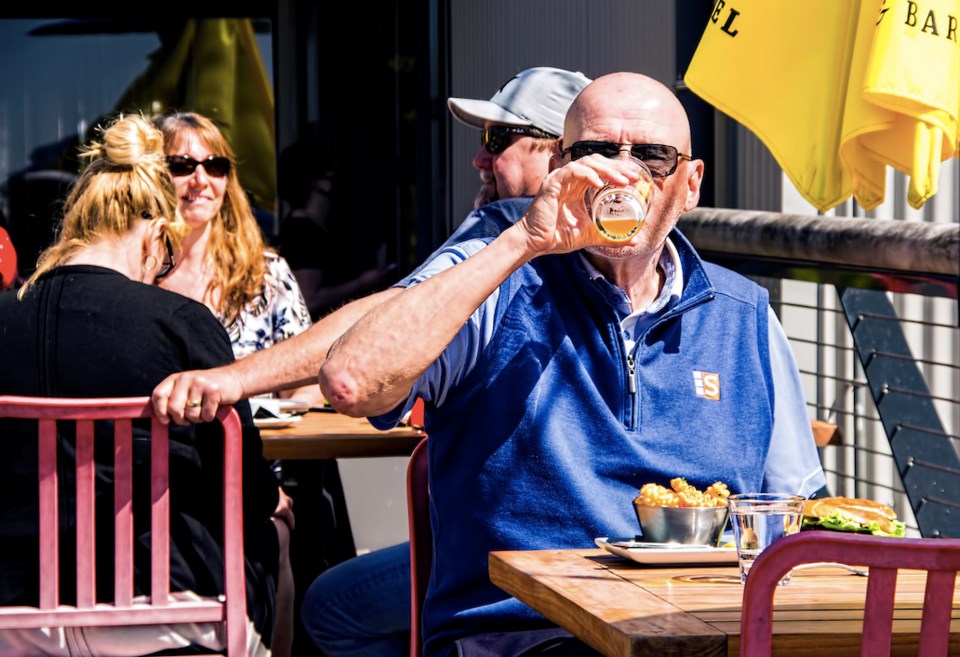B.C. Premier John Horgan says that health restrictions on travelling around the province, and on dining inside restaurants will end at midnight to start May 25.
Provincial health officer Bonnie Henry, and others, had previously been careful not to say explicitly that the province's health orders, dubbed a "circuit breaker," would not be extended. She said May 17 that "nothing is going to be back to 100 per cent. On Tuesday, it's not going to be a light switch. It is going to be a dimmer switch."
Horgan, however, was clear.
"Expect on Tuesday [May 25] that the circuit breaker will be over, and a roadmap will be laid out for all British Columbians," he said. "This is great news."
Horgan said he would not lay out exact details on the province's reopening until May 25 because "when people hear that there's good news on the horizon, they assume that that horizon is now."
Other positive news is that B.C. health officials detected 357 new COVID-19 infections in the past day, which is the lowest total since February 19. The number of tests conducted was lower than average, at 7,581 but the daily positive-test rate was 4.7 per cent, which is the lowest rate since February.
The number of those in B.C. actively battling infections fell for a 19th consecutive data update, to 4,636, which is the lowest total since March 1.
In the past 24 hours, health officials have provided a record 63,453 doses of vaccine to 59,793 new people, and 3,660 others, who were getting needed second doses.
In total, the province has provided 2,687,360 vaccine doses to 2,548,454 people, with 138,906 people being fully vaccinated with two doses.
Of the 140,953 people known to have contracted COVID-19 in B.C. since health officials detected the first infection in late January, 2020, more than 95.4 per cent or 134,521 people are considered by the province to have recovered.



